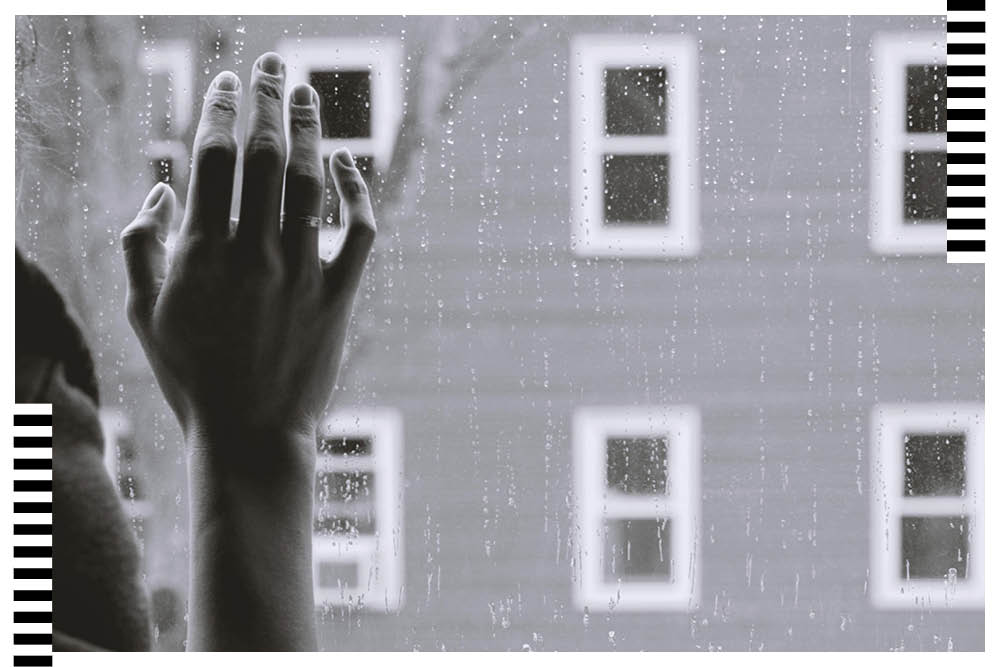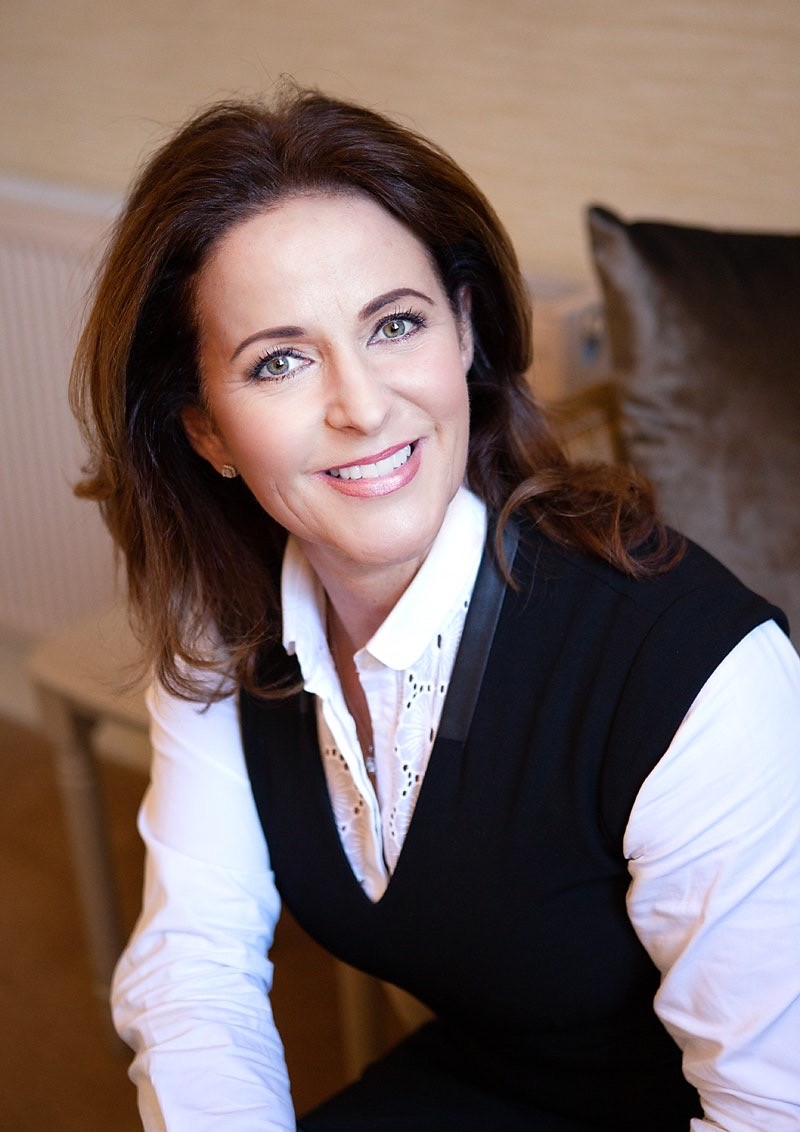A Guide to Dealing with Grief on Mother’s Day

Mum…
My favourite word…
To speak it and to hear it…
I never imagined myself speaking it out loud to Mum and her not being there, in all her comfort and loving wisdom, to reply. I assumed that she would always be there. My absolute security blanket. Mum who knew the answer to absolutely everything, even if she had to weave a story.
When my mum died in 2011, I thought I would never feel ‘normal’ again. Dealing with grief and the feeling of being orphaned was so strong. That life could go on without her seemed just too hard to contemplate. We wondered how we would survive. But somehow, we did.
We fumbled towards that first Christmas, not really knowing what to do. We brought the whole family together and, round the table, we shared our memories of Mum. We took turns to speak and there were no interruptions. It was wonderful to actually hear how unique each of our relationships with Mum were. So many different versions of her, but all fundamentally based on those values, learnings and wisdom we had all inherited from her – our wise old owl. Our tears flowed, then our laughter, and then our tears again. It was our way of dealing with grief at a difficult time of year.
Seven months after she died, we had the hurdle of our first Mother’s Day. This feels very different to Christmas, when the attention is focused on family and friends, merry-making, food and presents. Mother’s Day is, quite simply, all about Mum.
When someone we love dies, our physical relationship with them ends, but our emotional relationship goes on. We don’t just grieve at the time of death, nor is that necessarily when our grief is at its most painful. It ebbs and flows. Dealing with grief is not a straight line of pain – it’s unpredictable, sometimes easier and sometimes infinitely harder.
You will grieve the loss of your Mum as you enter each new stage and reach each milestone in your life. And it is vital that we allow ourselves to feel the pain that comes with dealing with grief – to wallow in it and come out the other side. This is how we heal – by recognising and experiencing emotional pain when it happens. The ability to experience and share our emotions is all part of being human. And not just sharing how we feel but doing so with someone who will just listen and not try to justify those feelings.
We each discovered this over the Christmas meal where we allowed one another the opportunity to tell their own story of Mum. Without interruptions or comparisons. And we thanked each other for our own stories, which are just that – our own.
An idea for the first Mother’s Day without Mum
On that first Mother’s Day we rang each other to talk about Mum, again with tears but we allowed the warmth of the memories to shine through too. Don’t be afraid to reach out to your family/siblings or whoever else was special in the life of your Mum. By reminiscing you are showing how important she was, and still is, in your life. Sharing memories provides a link to those who have died. Yes, there will be tears – of sadness, longing and also of happiness, but we have to embrace the life of memories we have made together.
As we spoke of our Mum and her unique and special ways, we were soon laughing through our tears. We imagined what we would all be doing with her that day and what she would be saying to us. It helped that she had a Scottish accent, which we all did our best to mimic. It was so funny and comforting and made her feel so close. We opened the channels of communication to the spirit world and it was clear to see that when we share our sadness, loneliness, fears, and our joyful memories we are ultimately able to give and receive more support and comfort than if we were to grieve alone.
And that is how to get through the grief surrounding Mother’s Day, by inviting your Mum back in your words, your actions and above all by sharing your memories.
Take turns to imagine what she would be saying and doing and even imagine what your relationship with your Mum would be like today. Above all be honest.
Routines
Sometimes we have to change our usual routines on Mother’s Day to make it bearable.
It may be that trying to repeat the things you did when your mum was alive can make you feel her absence much more strongly. So how about trying something new?
It’s the things we do after loss that bring change and helps us to adapt. We each find our own way of remembering that works for us. There is no right or wrong when it comes to dealing with grief.
Old routines can be hard to let go of and maybe there is a fear that this will take us further away from our loved one. But like the seasons change, so must we when we lose someone so significant in our lives.
Each year it’s different and we are reminded that we are constantly changing, growing and being shaped by life’s experiences.
Ritual
Every year my sister buys Mum a lovely Mother’s Day card, pins it on her family kitchen board, gets the photos out and talks about what Mum would be saying about where she is in her life right now. Imagining Mum’s words of wisdom keeps her positive influence shining. This is a wonderful way of bringing your Mum’s advice to you in times of need. Every person we love becomes a part of us, and when we allow ourselves to connect and imagine our conversations, we are bringing their influence to the fore. Each year I buy an orchid for Mum and each time I feed and nurture it, I am with Mum. We can still love her, even though physically she is no longer here.
Some tips on dealing with grief
- Cherish memories and share them with your family and friends
- Have a conversation with her, maybe even talk to her photograph
- Touch or hold special objects
- Imagine her watching over you – your relationship with her continues even after death
Life isn’t predictable, nor should it be, and we have many different experiences along the way – good, bad, happy and sad.
Accept that your Mum will always be a part of you and that you will continue to have those days and moments of sadness. This is normal and natural. Recognise and respect these days and this will allow you to really enjoy the happy days. Grief is not permanent.
When my Mum died, I felt like a bicycle that had its stabilisers ripped off far too soon. I wobbled. A lot. Then I open my eyes and see that Mother’s Day is at the beginning of Spring, a time of renewal. Just as nature has its cycles and seasons, so must we. Plant some spring bulbs for next year, you’ll be surprised at how much watching them grow will make you feel your Mum smiling down on you.
As the day approaches, don’t isolate yourself. Be with people you love and feel comfortable with. Let it be OK to shed tears for your Mum. We need to share our tears as well as our laughter. Don’t berate yourself when you have your happy moments (which you will) – this is perfectly healthy and normal.
Our mums never leave us and when you need to give your Mum a hug, put your arms around those you share your life with and give them that hug.
Lianna Champ has over 40 years’ experience in grief counselling and funeral care, and is author of practical guide, How to Grieve Like A Champ









